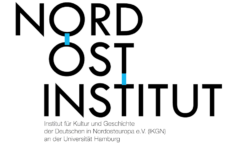Ambivalences of the Soviet
Diaspora Nationalities between Collective Experiences of Discrimination and Individual Normalization, 1953-2023
Research Network 2020-2023 funded by the Niedersächsische Vorab/Volkswagen Foundation
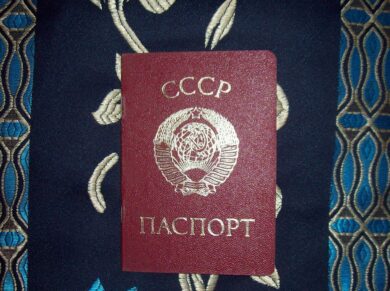
The Search for the "Good Life" in Germany (Osnabrück)
Dr. Nino Aivazishvili-Gehne
Advised by Prof. Dr. Jannis Panagiotidis
The project focuses on people from the former USSR in the city of Osnabrueck, Germany. This group is diverse and includes people from all former Soviet republics who are now experiencing life in a different political, socio-economic and cultural system. I examine the societal perceptions of migrants from the former USSR in Germany in Osnabrueck and its consequences as well as their own agendas and proactive practices.
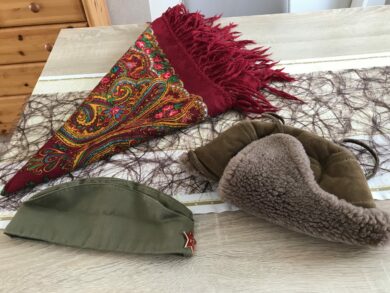
Everyday Life and Memory. Russian-German and Jewish “Soviet baggage” after the Emigration
Daniel Gebel
Advised by Prof. Dr. Hans-Christian Petersen
How do Russian-Germans and Jewish contingent refugees in Germany remember their Soviet everyday life, and what significance does this period have for their current self-image? These questions are the focus of the subproject “Everyday Life and Memory”. With the help of biographical interviews and corresponding archival studies, the everyday history of the late Soviet Union and the “Soviet baggage” associated with it will be examined.
More Information
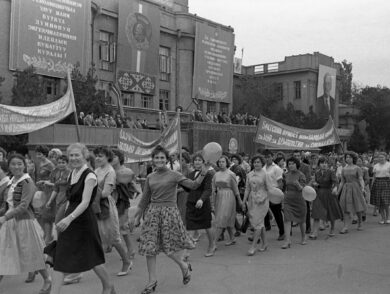
«Cоветские люди»? – The Russian Germans and Other Minorities in the Soviet Union after 1956
Helene Henze
The project examines the normalization processes within the once-repressed national minorities of the Soviet Union after 1956. It focuses on Soviet state politics, and explores how economic demands in the wake of the economic surge of the late 1950s and the Virgin Lands campaign changed attitudes towards those who were formerly subjected to the komendantura regime.
More Information
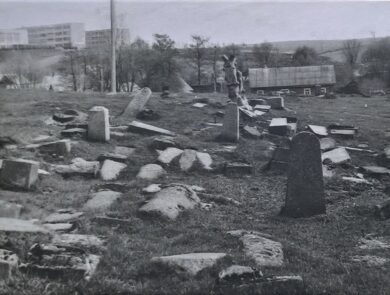
Alienations in Soviet Jewish History 1953-1991
Dr. Ulrike Huhn
The project examines the self-perception, everyday academic life, working conditions, networks, possibilities for action, and the academic topics of the (few) scholars at the state research institutions, museums, and libraries who were able to work on Jewish topics on a selective basis after 1953. Thus, the project is concerned with the ever-changing research margins of (mostly Jewish) scholars.
More Information
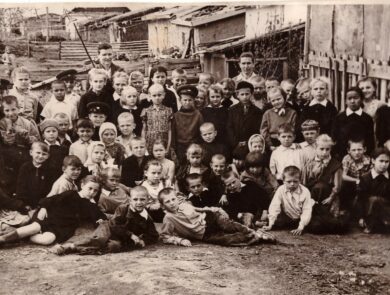
The Ordinary Rural Worlds: German Minorities and their Lives in the late Soviet Union
Dr. Alina Jašina-Schäfer
Advised by Prof. Dr. Hans-Christian Petersen
Life in Soviet villages transformed drastically after Stalin’s death. The changes occurred, among others, under the weight of mutating communist ideals, standards, and objectives, the emergence of new consumption culture, agrarian reforms, technological advances, urbanisation and migration, bringing many challenges but also opportunities and promises to the local populations.
More information


